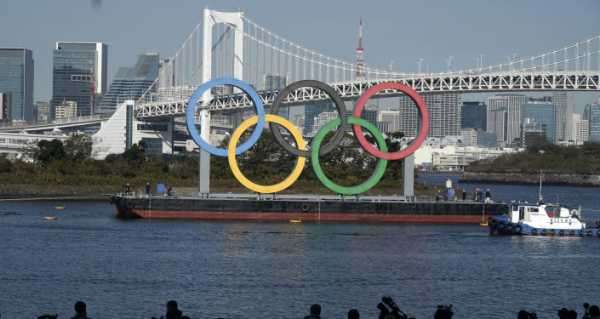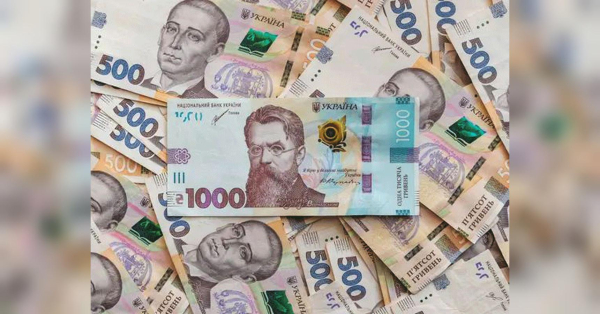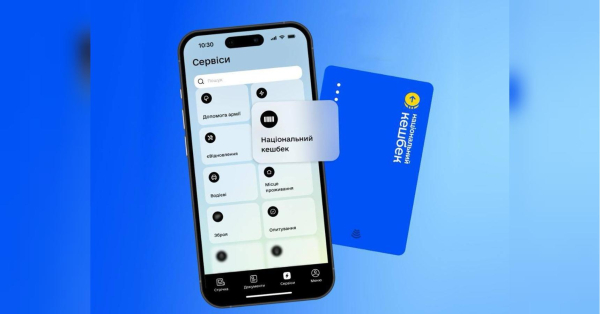
At the onset of the pandemic, various sporting and entertainment events were canceled or postponed indefinitely as a means to curb the spread of SARS-CoV-2, the deadly virus that causes COVID-19. The 2020 Games were the first to be postponed in modern times, though they were also canceled during both world wars.
Tokyo 2020 President Yoshiro Mori reiterated on Tuesday that regardless of the current status of the COVID-19 pandemic, the Olympic Games will be held in Japan over the summer, as the initiative has also gained backing from the International Olympic Committee (IOC).
Discussing matters before the start of a meeting with the country’s Sports Research Commission, Mori told reporters that rather than the focus being on whether or not the games will be held, talks should be centered on how it will proceed.

Tokyo Olympic and Paralympic Games Organising Committee President Yoshiro Mori delivers a speech at a beginning of a meeting on the preparation for the Tokyo Olympics and Paralympics at the Liberal Democratic Party (LDP) headquarters in Tokyo Tuesday, Feb. 2, 2021.
The former Japanese prime minister further acknowledged that the two “biggest problems” before officials regard the public’s opinion of the games and how organizers intend to implement effective measures that will prevent the spread of the deadly virus.
“These two points are our primary focus,” Mori stressed.
Recent polls conducted by the Japanese news agency Kyodo and the Tokyo Broadcasting System (TBS) found that over 80% of the island nation’s residents were of the belief that the 2020 Games should be canceled or postponed. The figure is a sharp increase when compared to an earlier Kyodo survey that found roughly 33% of respondents agreed with the sentiment.
Tracking by Worldometer notes that COVID-19 cases have maintained a steady increase of new daily cases since last November, although data suggest that caseloads are on the decline. To date, Japan has documented nearly 392,000 novel coronavirus cases, with the majority of infected individuals recovering after receiving a positive COVID-19 diagnosis.

A local health staff shows a special freezer for COVID-19 vaccinations at Tokyo’s Sumida ward office Friday, Jan. 22, 2021. Japan is accelerating preparations for COVID-19 vaccinations in hopes of starting them in late February, but uncertainty is growing as the country faces vaccine-shy public, slow approval process and bureaucratic roadblocks, casting a doubt if Tokyo Olympic this summer is possible.
Although there was a push to cancel the tournament’s historic torch relay over cost and safety concerns, Mori underscored that the event would proceed as planned with minor alterations to ensure social distancing measures were in place.
“Basically, shortening – like changing from three days to two days, or one day, is out of the question,” he said. The Associated Press reported that talks to cancel the event were scrapped due to the “heavy sponsorship” from Coca-Cola and Toyota.
The relay will kick off on March 25 and see the torch make its way through approximately 859 municipalities before arriving at the Olympic Stadium in Tokyo on July 23 to signal the start of the historic games.
Aside from the tens of thousands of judges and game officials, an estimated 11,000 athletes are expected to take part in the Tokyo Games, with another 4,400 athletes participating in the Paralympics.
Sourse: sputniknews.com






